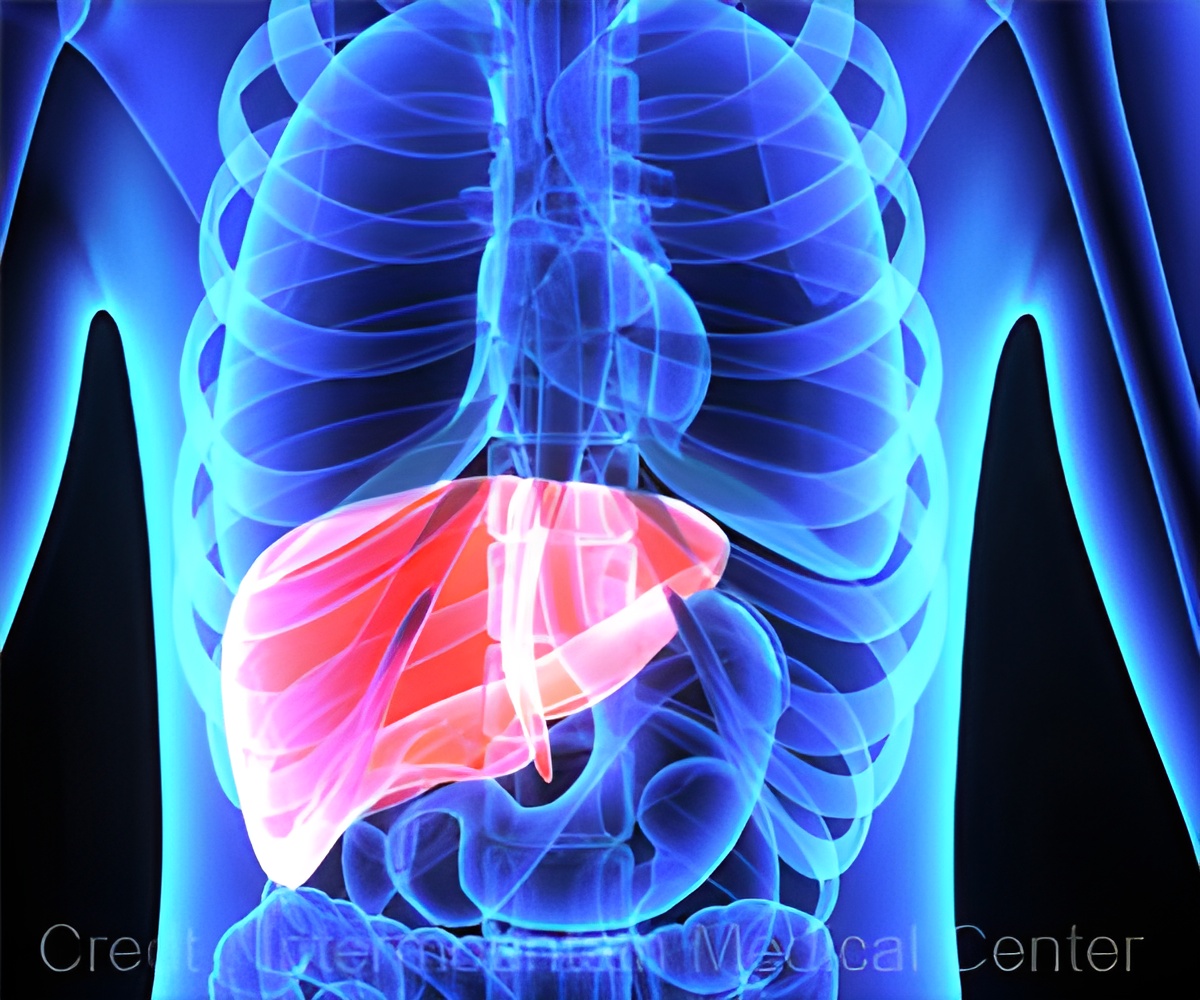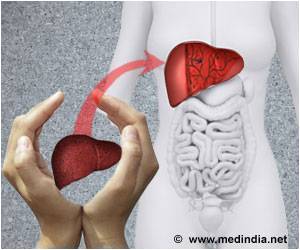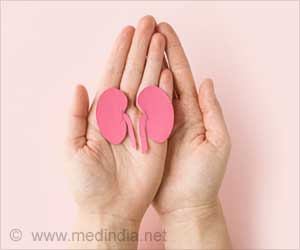Normothermic Machine Perfusion can help keep the liver alive outside the body for up to 24 hours by maintaining it at the normal body temperature.

- This break-through procedure called Normothermic Machine Perfusion for Liver transplant aims to improve liver transplant success rates across India.
- Addresses the key challenge of organs losing full functionality during long hours of preservation, often resulting in rejection after a transplant.
‘A liver transplant was performed on a 53 years old Mr. Ashwath using the Normothermic Machine Perfusion- OrganOx Metra device. With the help of this state of the art, technology liver was transplanted into the patient who was suffering from the end-stage liver disease.’





Using this technique, a liver can also be kept alive outside the body for up to 24 hours by maintaining it at body temperature. The technology has only been available in Europe and the US so far, and this is the first time it has been introduced in India.A leading private healthcare services provider in Asia called Aster DM Healthcare announced today that it has performed a liver transplant in Bangalore using Normothermic Machine Perfusion. Mr. Ashwath, 53 years old who was suffering from end-stage liver disease received a liver transplant using this state-of-the-art technology. The surgery - considered the next important step forward in liver transplantation - was successfully performed using OrganOx Metra device technology.
The announcement comes at a time when the demand-supply disparity in India for organ transplant remains a critical issue, which is primarily attributed to lack of awareness and infrastructure. Furthermore, the organ transplant success rate in India is low compared to developed nations in the West, and often this is due to the functionality of organs deteriorating during the preservation stage that lasts up to 12-14 hours.
Dr. Sonal Asthana, Senior Hepatobiliary and Transplant Surgeon, said: “Livers are usually stored in ice and a preservation solution in a small sized box, where they can be kept for 12 to 14 hours before transplant. Sometimes, those less suitable for transplant do not survive the cold and begin to deteriorate, and this severely impacts the success rate of the organ transplant. The introduction of the normothermic machine will change the way we preserve organs and allow us to check the functionality of organs before transplantation. Also, organs which are donated in far-off parts of the country can now be transported to transplant centers and utilized safely.”
Dr. Rajiv Lochan, Senior. Consultant - Hepato-pancreato-biliary & Transplant Surgery, said: “This new technology essentially allows for the liver to be kept älive and warm outside the human body, for us to test it to ascertain its health. In Mr. Ashwath’s case, it was important to reduce the preservation time to a minimum as he had previous operations on his abdomen, that would have resulted in a long operation time to remove the old liver and the liver graft could have deteriorated while being preserved in cold preservation fluid, which is the currently practiced traditional method of organ preservation. In addition, these livers can be treated to make them better while on the machine and numerous studies of these techniques are being performed. This new technology of machine perfusion is exciting and will indeed change the Liver transplantation landscape not only in India but across the world.
Advertisement
Dr. Harish Pillai, CEO of Aster DM Healthcare, India, said: “What our physicians have performed at Aster CMI Hospital is a major milestone which will potentially help us overcome some of the critical challenges our country face when it comes to organ transplantation. The was a big step and advanced liver transplantation from something very uncertain. As we accumulate more experience in the technique, we are extremely confident that this can help improve the success rate of organ transplant in India and the wider Asia region.”
Advertisement
Source-Medindia











